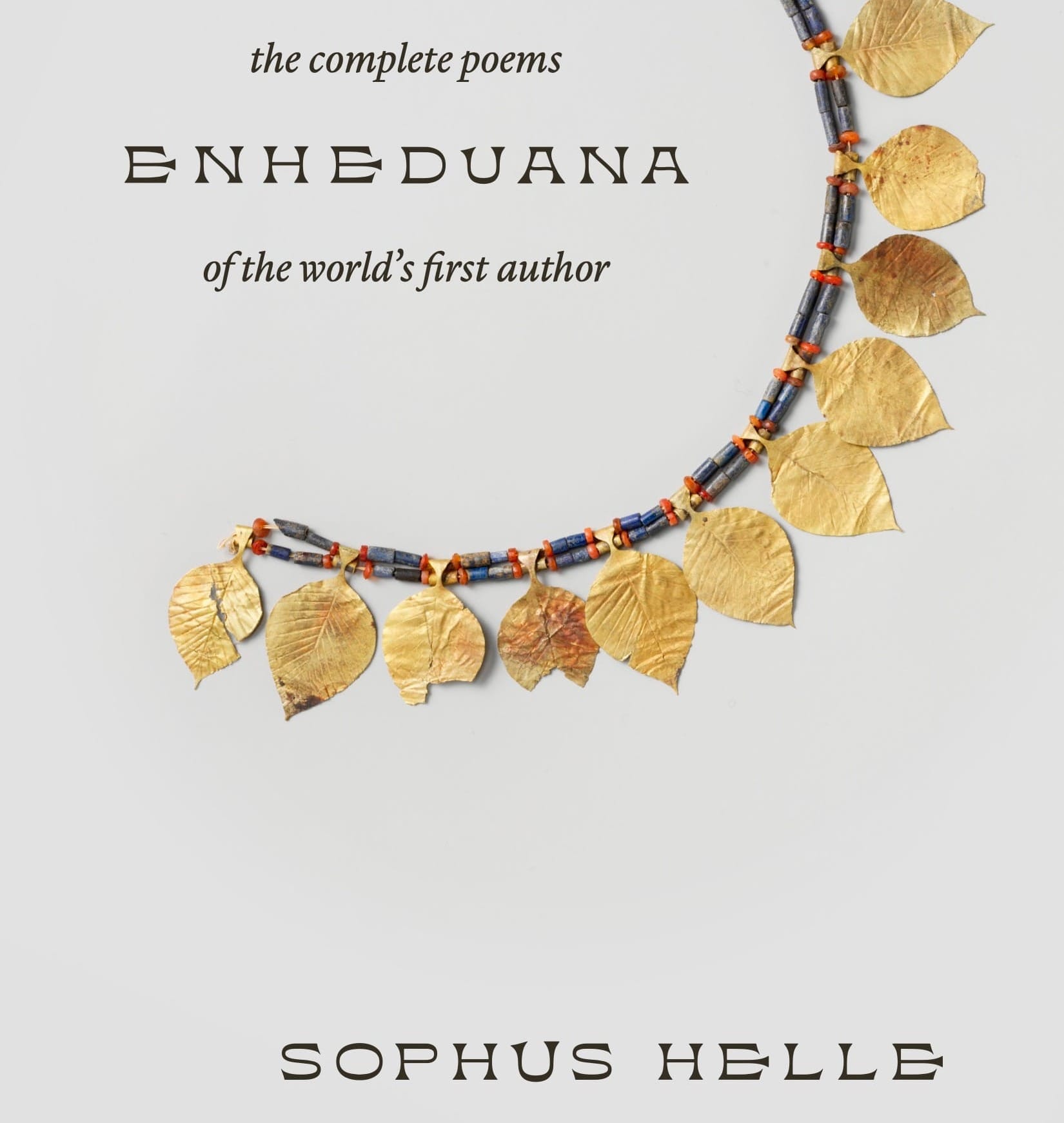I've been reading Hillary McBride's Holy Hurt lately. It's messing with me.
McBride writes about spiritual trauma, the sort that happens in high-authority religious communities that rely on control, coercion, fear, guilt, and shame. These are the sorts of places where you're not allowed to trust your own inner sense that something's wrong. Where folks are told they're bad to the core. Where silence protects the powerful. Where your belonging is contingent on compliance with certain behaviors and beliefs, and straying from those means you're out and/or damned.
It's tough reading that makes my chest a little tight because I recognize things. Things I've experienced. Things I've participated in without fully realizing it.
And then I find myself thinking about church growth. Strange connection, but stay with me.
I will confess to the occasional pity party about pastoring a small church. I used to be an associate pastor of a church of somewhere between 400-800 people (depending on the season; we were in a tourist town), with a staff of 6-8. Multiple services. Lots of programs. A budget that meant we could actually do things without three months of fundraising first.
And now I co-pastor a church where we have, on a good Sunday, 100 people across our two campuses. Two-and-a-half full-time staff. Some Sundays it feels full of energy and life. Other Sundays I'm very much aware of the empty chairs.
And I wonder why we don't grow. In fact, in the five years I've been at The Table, our attendance has gone down. It used to be easy to blame for Covid for that, but come on. That was 4-5 years ago. So then I'm left with questions like, Am I bad at my job? Not strategic enough of a leader? Not a good enough preacher, worship leader, discipler, fundraiser, marketer? Have I read the wrong church growth books? Followed the wrong models?
Or . . . could it be our values are what keeps us from growing?
We're committed to affirming theology and cultural diversity. We dedicated to non-coercive ways of being. We don't demand conformity. We refuse to let charismatic leadership run the show, which means things move slower and messier than if I or Tonetta just made the decisions and everyone fell in line.
We don't demand weekly attendance. We don't ask for tithing - we talk about generosity, sure, but there's no pledge cards or public commitments or guilt trips about "robbing God." We think a polyphony of voices is healthy, which means Sunday mornings aren't always smooth and don't always land with a clear takeaway. We have shared values, sure. But the rest is... messy.
Turns out, messy doesn't scale well.
Is there a maximum size for a church like ours to maintain and still be healthy? Can you have a church of 500 or 1,000 people where everyone actually gets a voice? Where decisions aren't made by a single leader or small inner circle? Where people aren't pressured to show up every week or give a certain amount or believe exactly the right things?
I want to be clear: I'm not necessarily saying larger churches are inherently coercive or authoritarian or creating spiritual trauma. I know pastors at large churches who are doing beautiful, healthy work. And God knows spiritual trauma happens plenty in small churches too. Abuse of power doesn't require scale.
But I do wonder if growing to and maintaining a larger size is just statistically more likely to require relying more on the mechanisms McBride describes: control, conformity, clear lines of authority. The simplified message that everyone can get behind because it doesn't push too hard into the complicated places.
Maybe large churches need that structure to function. Maybe it's not inherently toxic, perhaps it's just organizational reality. I don't know.
What I do know is that I used to believe I could be the pastor of an inclusive, affirming megachurch. I had visions of it. Hundreds of people, diverse and messy and somehow unified, making a real impact in our city.
But I'm beginning to think that I can't. It's likely wrong of me to assume that no one can. But I'm not sure I can.
Perhaps, if we were to experience sudden growth, my own propensities towards authoritarianism and fundamentalism would unleash a monster in me. Give me a platform, a following, the kind of influence that comes with a large church, and maybe I'd start believing I deserve it. Maybe I'd start making decisions that protect the institution rather than the people. Maybe I'd start seeing disagreement as disloyalty.
Or maybe that's just my own spiritual trauma talking, telling me that I'm inherently evil.







Discussion